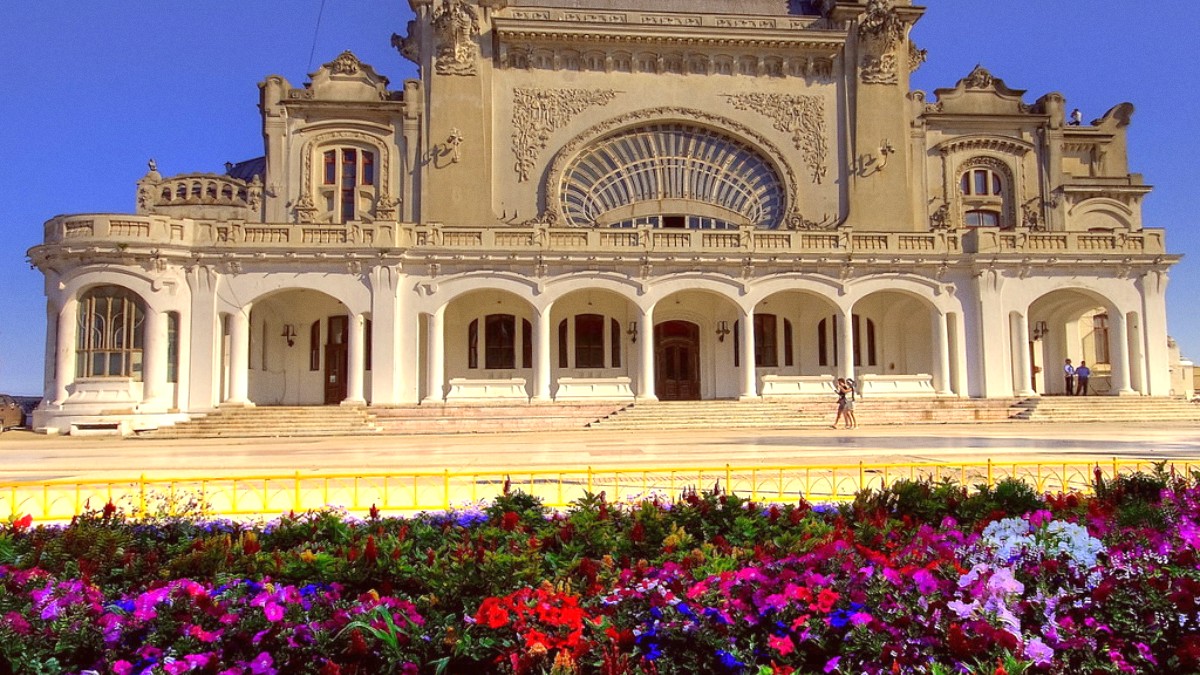
Northern Dobrogea, Romania
Protecting Constanța's natural environment, especially its Black Sea coast, is an important part of responsible travel. The Black Sea coast is a sensitive ecosystem. Visitors should respect protected areas and natural habitats, adhering to any posted rules.
Recycling bins for plastic, glass, and paper are increasingly available in public spaces and at accommodations. Use them to sort your waste. Do not litter, especially on beaches or in natural areas. Carry a small bag for your trash until you find a suitable bin.
While Romania does not face severe water scarcity, conscious water use is always a responsible practice. Take shorter showers, turn off taps when not in use, and report any leaks.
Make informed choices to minimize your environmental footprint.
Consider supporting carbon offset programs when booking flights to mitigate your carbon footprint from air travel. Choose public transport, walking, or cycling over private cars when possible. This reduces emissions and traffic congestion.
The nearby Danube Delta is an UNESCO Biosphere Reserve with strict environmental protection regulations. If you visit, ensure your tour operator follows responsible tourism guidelines.
Support ethical travel and conservation through G Adventures and The Rainforest Site.
Explore G AdventuresEvery decision made as a traveler influences the local environment and community. Choose consciously.
Engaging with local culture respectfully fosters positive experiences for everyone.
Support local artisans and cultural institutions that attempt to preserve Romanian heritage, including traditional crafts, music, and dance. Respect historical sites and follow guidelines for visitors.
Be patient and understanding, especially when language barriers appear. Avoid criticizing Romania's history, politics, or economy.
Your travel choices contribute to the local community.
Prioritize purchasing souvenirs and products directly from local artisans or small, independent shops.
Choose to eat at local restaurants and cafes rather than international chains.
Research reputable local NGOs or charities if you wish to contribute charitably, ensuring donations serve genuine efforts.
Every decision made as a traveler influences the local environment and community.
Seek opportunities to support local communities directly by staying in family-run guesthouses.
Participate in small-scale local tours to ensure your money reaches the community directly.
Prioritize purchasing souvenirs and products directly from local artisans or independent shops.
Adhere to rules in protected zones like the Black Sea coast and Danube Delta Biosphere Reserve.
Sort waste using recycling bins and practice water conservation by taking shorter showers.
Opt for public transport, walking, or cycling. Consider carbon offset programs for flights.